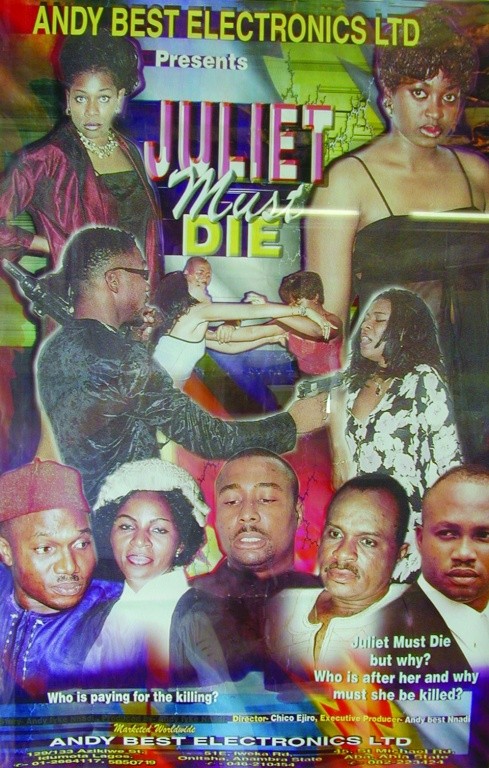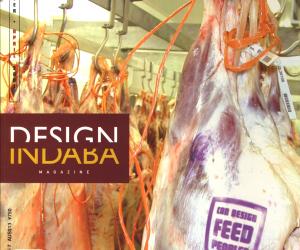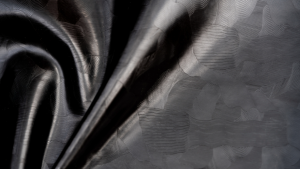First Published in

Universally, the funny line has long been acknowledged as a winner in marketers' scramble for mental bandwidth. However, unless you're Charlie Chaplin or Mr Bean, humour requires creativity with language and the converse is true. Creativity requires humour. In fact, it is often the only saving grace of some advertising campaigns (there is evidence on TV to back me up with this one).
So why is there so little of it in our marketing efforts here? (Humour I mean, not creativity.) In fact, let me rephrase the question: Why is there such a dearth of humorous creativity that is uniquely South African? A special combination of words, gestures or situational contexts that no other nationality would have come up with?’ Why are we so intent on tickling other people’s funny bones?
Why the hell can’t we take a joke? Or make one?
With eleven official languages, this country is such easy pickings for a crack or two at ourselves. In spite of a mission school education in my formative years, under the tutelage of educators suffering severe Anglophobia, I still slip up now and then with statements like “I’m going to come over later”, “I’m coming now now” and so on. Of course, my creativity with the Queen’s language increases and decreases in drama and colour depending on who I am around but it gets so out of hand when I’m with my friends that my mother suggested on one occasion that it might not be a bad idea for her to try and claim a rebate from the school, they had done so badly with me! But I swear my choice of words is usually quite deliberate. It’s really not that I can’t string together a "decent" sentence. In fact, I managed to convince everyone that I was a copywriter for four and a half years and you need to be able to string together quite a few to do that.
It’s just that, in this part of the world, the sun is so bright, the mood so up (and down, then up again), the diversity is so crazy – it feels like such a shame to not get some of that sunshine on your tongue. There is so much happening in the national soap opera that it just makes the script more interesting to be greeted with “Hei sisi, what’s your story? My hand was itching – I thought I was going to get my money and then you arrived” by some guy you’ve just been introduced to than “Hello, pleasure to meet you. Would you like a drink?”
This is the character. The flavour. It’s South African allspice. Why don’t we season to taste?
Take these Nigerian movie posters that I spied in a hairdresser’s window in Sea Point, Cape Town. No fear of over statement there! The communication is in English but the concept, storylines and plots are thoroughly Nigerian. To take the headlines as linguistically "naïve", which was someone’s description (yes really), or to see it as a point along some progression to something more "correct" or "finished" is worse than missing the point. It is “a limited and uncreative way of looking at the situation” as one movie character once said.



In Nigeria, there seem to be no qualms about deconstructing the English language to make it fit in with a constantly morphing cultural agenda. Of all the nations in Africa, they probably stamp their national identity on the English language most convincingly.
Music CD covers bear imaginative and amusing titles such as “Dr Sir Warrior & the Oriental Brothers International” or “Celestial Church of Christ – Hollywood Parish”. (Visit Nigerian Music Online on www.nigeria.com for awesome album sleeve typography. By the way, no they are not "retro". The aesthetic effect is deliberate for "now".)
Check out www.foolscap_media.com, or "The Court of Humour Rights" as they also like to be known, for outstanding Nigerian satire, humour, comedy and parody. Their disclaimer reads, in part, “genuine complaints, other than those about how you tried to but couldn’t access our website, will not be entertained”. Enough said.
To a constituency of some 110 000 000 people who are perfectly comfortable with the communication, what these posters are is perfect and complete. With me, make that 110 000 001.






